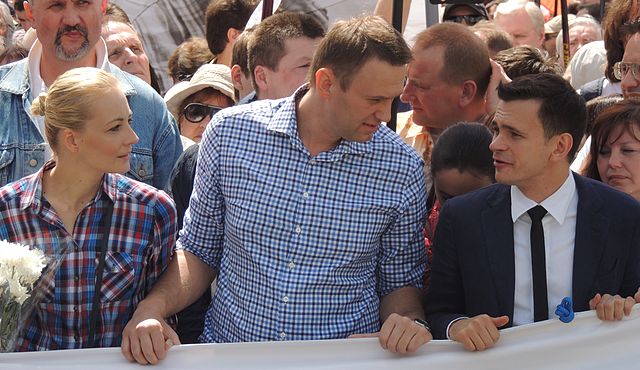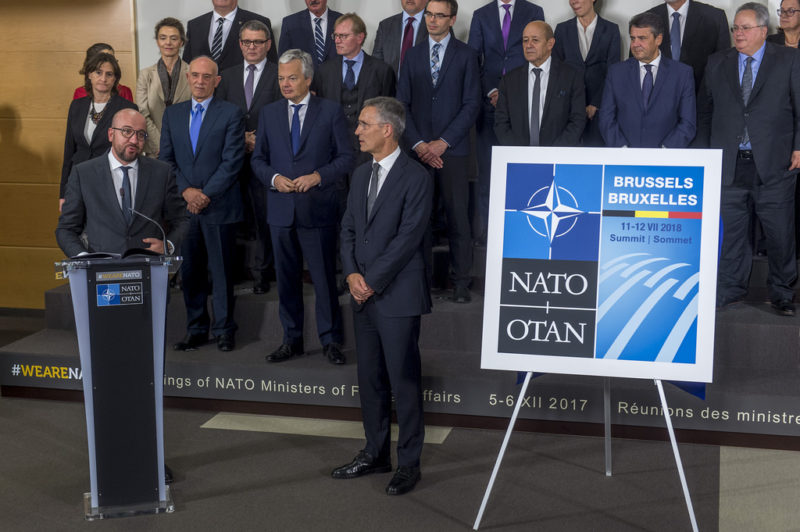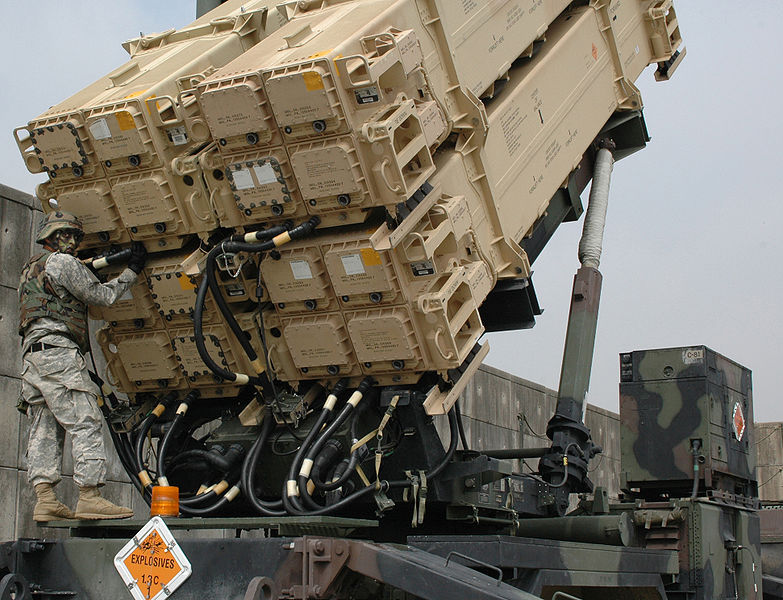This article builds upon previous analysis published on February 18, 2017.
Last week, thousands of Russian citizens took to the streets in cities across the nation to protest corrupt government officials. The protests occurred despite being labeled “illegal” by the Kremlin, resulting in hundreds of arrests. The protests were sparked when outspoken Kremlin critic, Alexei Navalny and the Anti-Corruption Foundation released an investigative video highlighting claims of corruption surrounding Russian Prime Minister Dmitry Medvedev. The video featured allegations Medvedev acquiring numerous luxury properties, yachts, and vineyards during his time as president. Since its release on March 2, the video has gained over 16 million views. Medvedev’s spokeswomen, Natalya Timakova, described the video by saying “It is pointless to comment on the propagandistic outbursts of a convicted opposition figure, who has already announced he is running some kind of election campaigns and fighting against the authorities”.
Navalny established the Anti-Corruption Foundation in 2011, with the goal of investigating and exposing corruption amongst high-ranking government officials in Russia. He also acts as the leader of the centre-right Progress Party, a group looking to test Vladimir Putin’s reign of power in the 2018 Russian election come March. Navalny’s role in organizing protests resulted in a 15 day prison sentence and 20,000-rouble ($476.42 CAD) fine. Meanwhile, the Anti-Corruption Foundation’s offices had been searched by police, as they seized computers, a number of employees were arrested.
While on the defendants bench, Navalny told reporters “Even the slightest illusion of fair justice is absent here. Yesterday’s events have shown that quite a large number of voters in Russia support the program of a candidate who stands for fighting corruption. These people demand political representation and I strive to be their political representative.”
Navalny is no stranger to tactics used to suppress his opinion. At the end of March, while taking a selfie with a supporter, Navalny was doused in green paint by an unknown assailant. This is the second time a critic of Putin has been attacked with green paint, as opposition leader Mikhail M. Kasyanov experienced a similar attack late last month. The paint attacks have led to numerous protestors sporting green faces at demonstrations.
Despite little to no coverage of the protests on Russian state media, young Russians gathered in mass to display their frustrations. The anti-corruption movement appears to be made up of Russian youth who are fed up with the lack of job prospects and inequality within the country. According to the Director of Amnesty International Russia, Sergei Nikitin, “Amnesty International monitor witnessed elderly people pushed down stairs, teenagers beaten by police and bystanders and journalists arbitrarily detained”. Kremlin spokesman Dmitry Peskov denied the allegations, describing the protests as “provocation and lies”. Peskov went on to suggested teenage protesters had been promised cash for their involvement, saying “we cannot respect those who deliberately misguided minors, children in fact, by agitating them, promising certain rewards for taking part in an unsanctioned event, exposing them to harm.”
One week after the anti-corruption protests began, an explosion in St Petersburg metro killed 11 people and left many injured. Medvedev has went to Facebook to describe the incident as a “terrorist attack”. The attack could significantly affect the anti-corruption demonstrations, as Diplomatic editor of Sky News Dominic Waghorn suggests, the explosion could be used to further justify restrictions on protest groups throughout the country.
With less than a year before Russian presidential elections, tensions remain high. As demonstrations continue for a second straight weekend, expect authorities to tighten security to curb the movements progress.
Photo: Alexei Navalny (center) at a rally in Moscow (2013), by Bogomolov.PL via Wikimedia Commons. Photo courtesy of Bogomolov.PL. Licensed under CC BY-SA 3.0.
Disclaimer: Any views or opinions expressed in articles are solely those of the authors and do not necessarily represent the views of the NATO Association of Canada.



